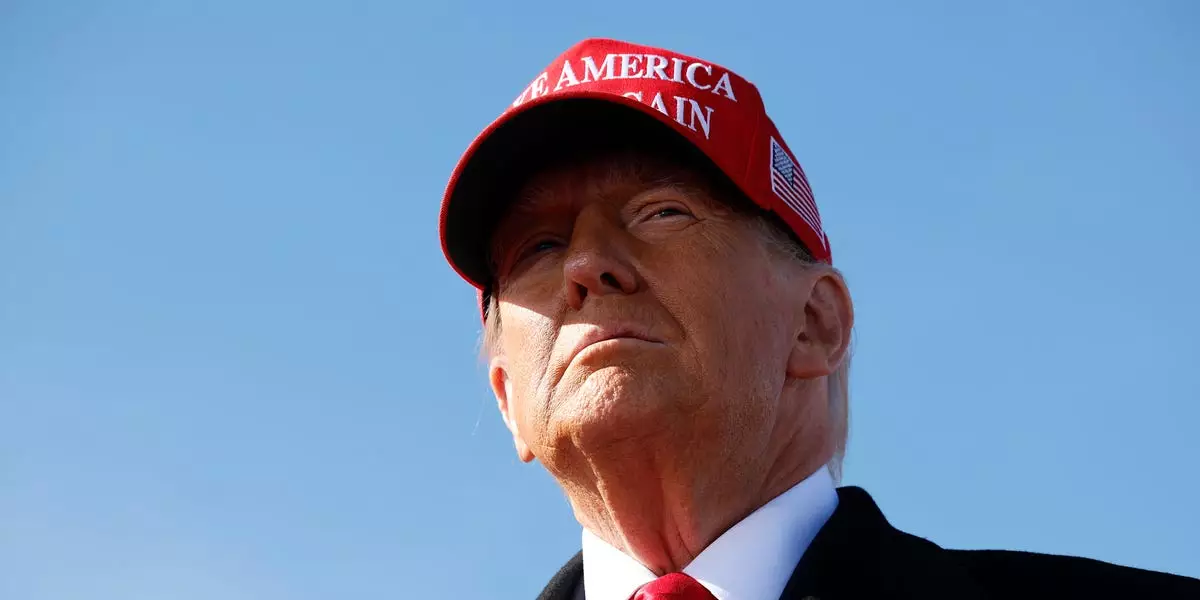The 2024 presidential election will undoubtedly be remembered as one of the most contentious in United States history. With former President Donald Trump reclaiming the spotlight, he emerged victorious against Vice President Kamala Harris, a figure who had previously stirred hope during the Biden administration. The campaign, led by Trump and his running mate, Vice President-elect JD Vance, was marked by ambitious promises including sweeping tax reforms, a radical economic recovery plan, and what they termed the largest deportation initiative in U.S. history.
As the election drew near, Trump held rallies that frequently echoed themes of nostalgia for his previous presidency. In one notable gathering in Pennsylvania, he proclaimed, “We had the safest border in the history of our country the day that I left. I shouldn’t have left.” Such statements not only showcased his unwavering base but also highlighted his reliance on appealing to voters’ fears concerning immigration and national security.
Unprecedented Circumstances
What made this particular election particularly alarming were the unprecedented circumstances surrounding it. For the first time in history, a former president was elected while facing the repercussions of a felony conviction related to falsified business records. Trump’s polarizing ties to the judicial system further complicated the political narrative, especially given his judicial appointments that culminated in the controversial overturning of Roe v. Wade. This event notably shifted the legal landscape pertaining to reproductive rights and ignited further divisions among the electorate.
This election cycle was not characterized by traditional campaigning; rather, it navigated through a tumultuous period marked by lingering effects of the COVID-19 pandemic, which continued to overshadow the nation’s collective psyche. Over 1.1 million lives lost due to the virus served as a constant reminder of vulnerability and underscored the stakes of decision-making in the 2024 election.
A Chaotic Campaign Trail
The campaign trail became a veritable battleground, rife with violent incidents and conspiracy-laden rhetoric. Reports surfaced of assassination attempts, sabotage of electoral processes, and bizarre accusations, including those aimed at marginalized communities. Public sentiment was heavily influenced by the intensity of the discourse, and surveys indicated that more than half of the American populace experienced heightened anxiety leading up to Election Day.
As voters faced an onslaught of misinformation and vitriol, the electoral process resembled a fractured society struggling to define its core values. The chaos that pervaded the campaign can be seen as a reflection of a deeper national malaise—a divide that was both cultural and ideological.
Ultimately, the election culminated in Donald Trump and JD Vance taking the oath of office on January 20, 2025. However, the implications of this political outcome are far-reaching, as they embody the disquiet and unresolved issues that continue to plague American society. The future looks uncertain while the chasm between differing viewpoints widens. The 2024 election revealed more than just a shift in power; it exposed a nation searching for unity amidst chaos and an electorate grappling with deeply entrenched divisions that will shape the country’s political landscape for years to come.

